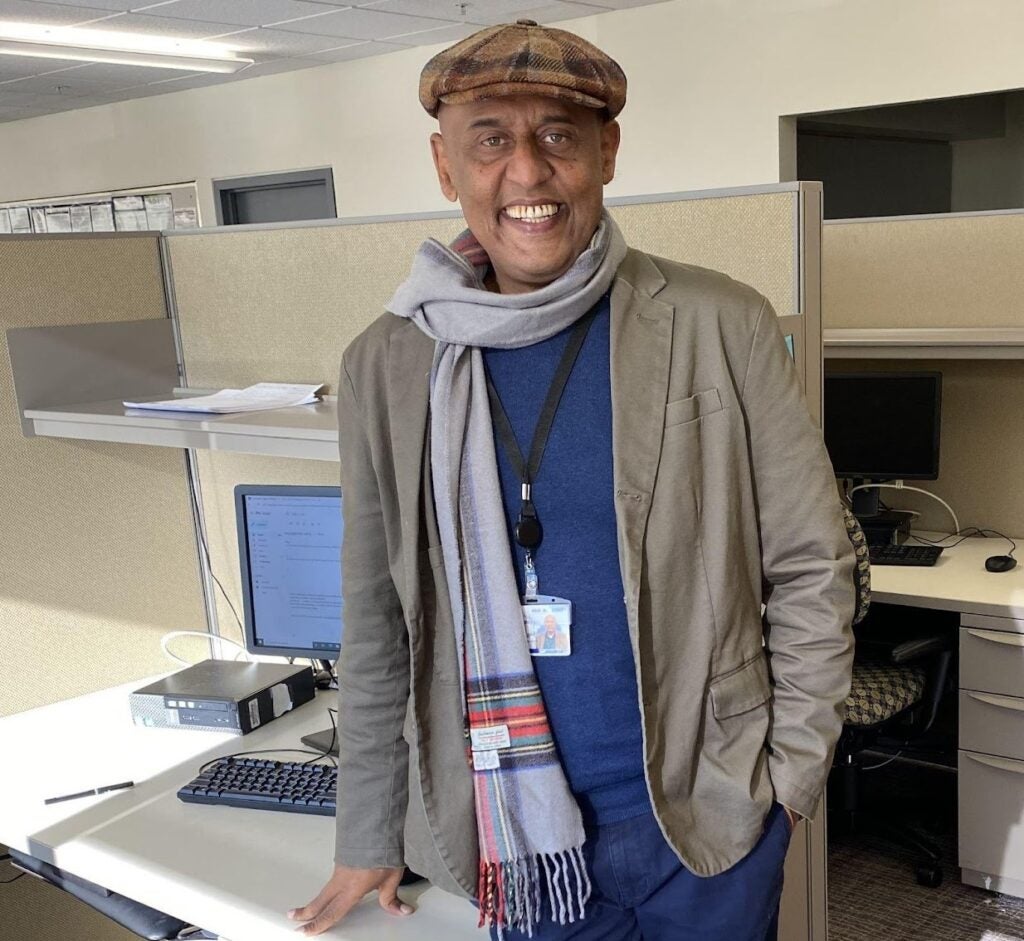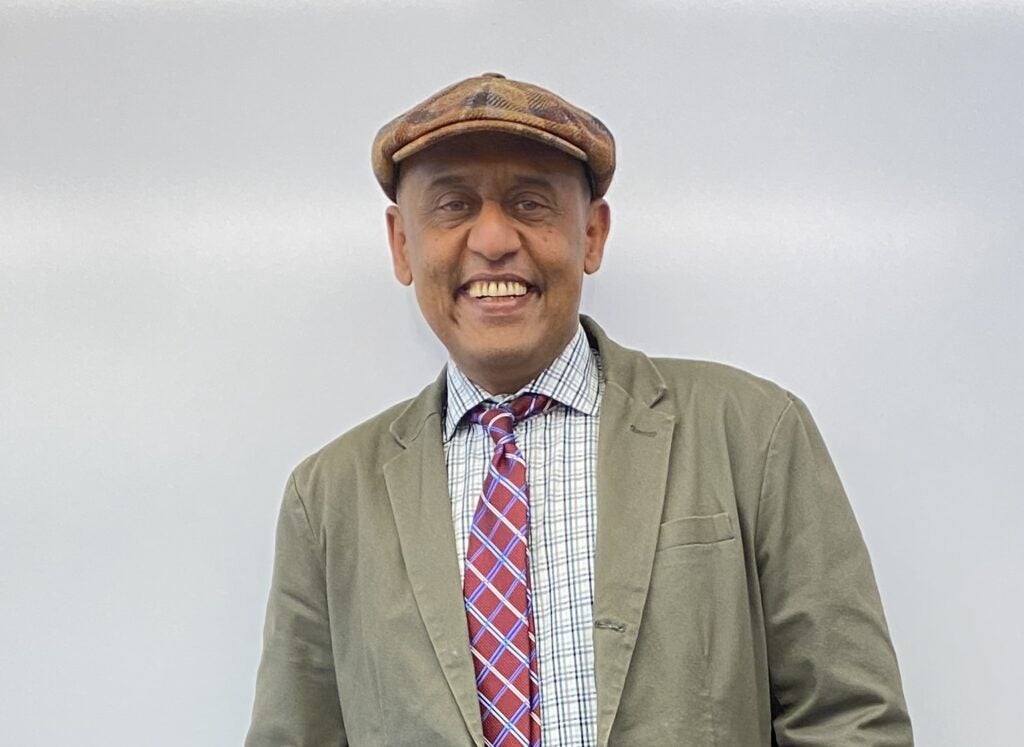I have always thought about my students as exquisitely unique individuals with rich experience, knowledge, and culture.
When Muhammad Ali Khan was matched to his virtual project at Ecole Normale Superieure (ENS) at the University of Antananarivo, Madagascar, he knew it was a wonderful chance to make a positive impact on the lives of both students and teachers. Some of the project highlights include being asked to write the curriculum for a new university course on genre in the English language classroom and to lead training sessions for faculty and in-service teachers. Khan used this opportunity to expand his professional reach and also to build a relationship between his home institution in Pennsylvania with his partner institution in Madagascar.

Creating Student-Centered Cultural Exchange Opportunities
I am truly inspired by the commitment and devotion of my students both in America and Madagascar.
Providing students with authentic opportunities to practice their language skills can be challenging, particularly in a virtual classroom environment. With this in mind, Khan also organized a virtual student club to offer his students at the Community College of Philadelphia a low-pressure space to meet and share with his students at the University of Antananarivo in Madagascar. Meeting both synchronously and asynchronously, this cultural exchange and language practice club extended the classroom and provided students the chance to learn and discuss outside of the regular virtual classroom space.

A Passion for Linguistics
Back in Khan’s virtual university classroom, he is careful to avoid diminishing the value of an academic approach to the study of language and relishes the opportunity to share his passion for linguistics. Knowing that not all language students, and even teachers, are enthusiastic about a subject that some find to be overly technical or dry, Khan makes a special effort to demonstrate the practical application, and how it may be applied, to not only academic written and spoken English but also to informal, modern, and evolving usages. For example, instead of using the term “ Lexical bundles” khan explains them them as recurring sequence of three or four words such as “ in the case of….. there was no significant” After finding success incorporating a pragmatic approach to linguistics with his Malagasy students, Khan shared his best practices, a collection of tips and tools for incorporating corpus linguistics into the language classroom, at a professional development event for his Virtual Educator cohort. Many of the Virtual Educators who attended were excited to learn more about how they could further explore the Corpus of Contemporary American English and connect its study with an approach that resonates with the needs and interests of their students.

Muhammad Ali Khan is a full-time professor at the Community College of Philadelphia. Additionally, he is a member of the board of directors at the Eastern Pennsylvania Association of Teachers of English to Speakers of Other Languages where he designs and coordinates professional development programs for in-service teachers of English.
Khan has a PhD in Applied Linguistics from Lancaster University, UK. He has taught high school and college students in the United States, the United Kingdom, Madagascar, Comoros, and Pakistan, and led teacher training workshops for over 1,000 teachers. His academic interests include the application of corpus linguistics in teaching ESL, the development of peer-to-peer networks for professional growth, and the creation of language education programs.
